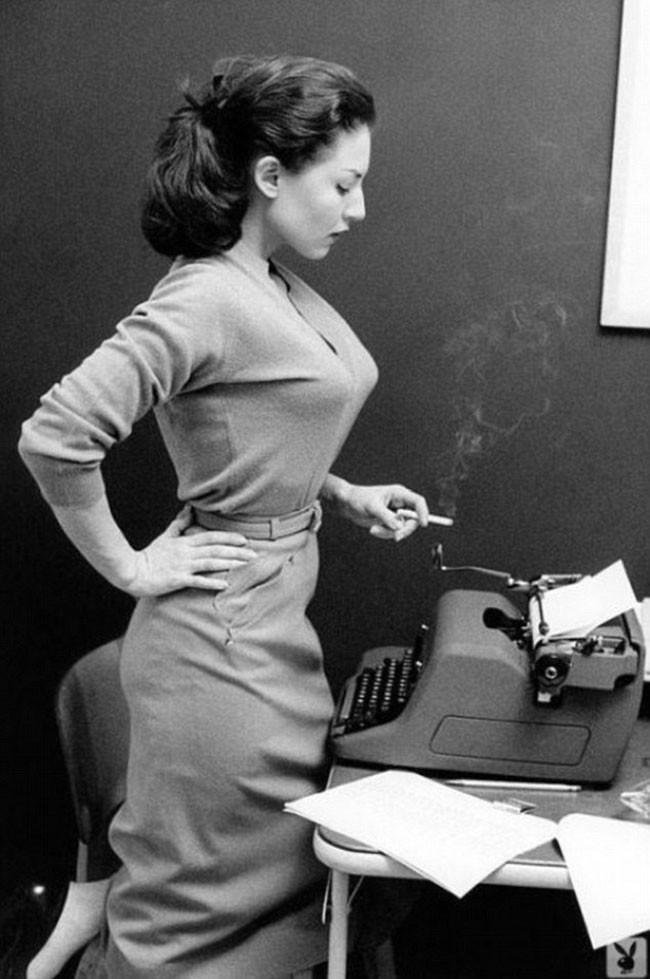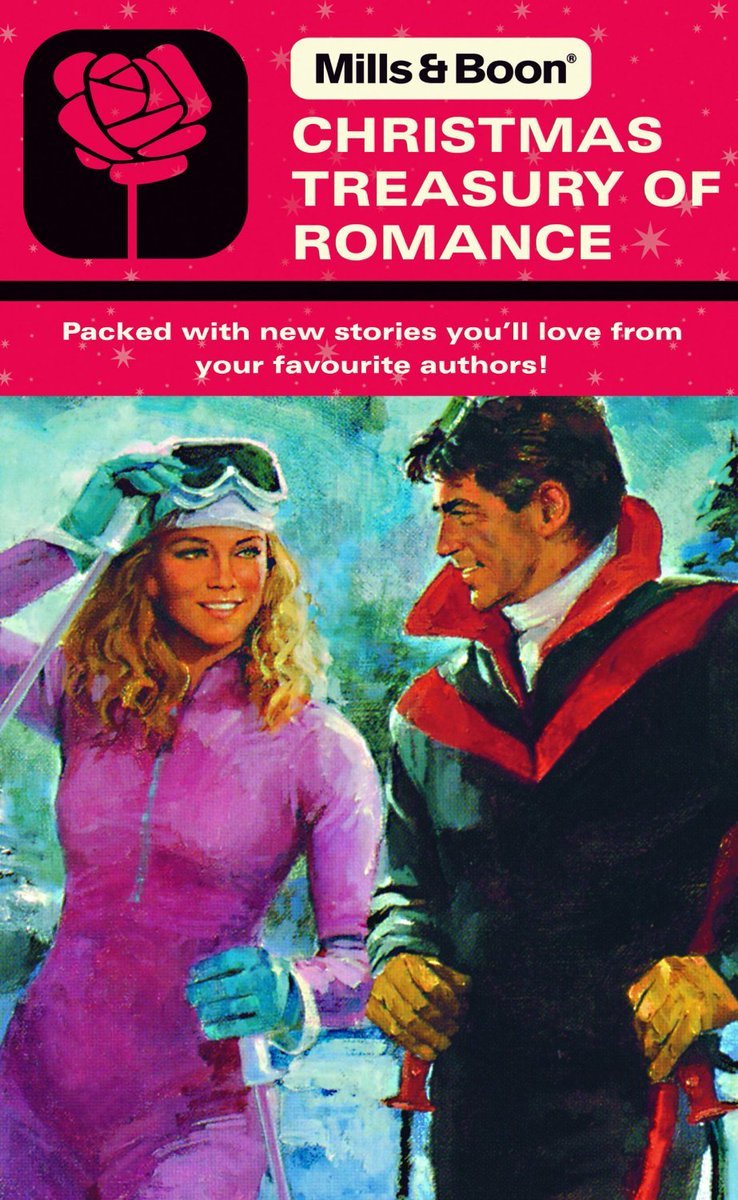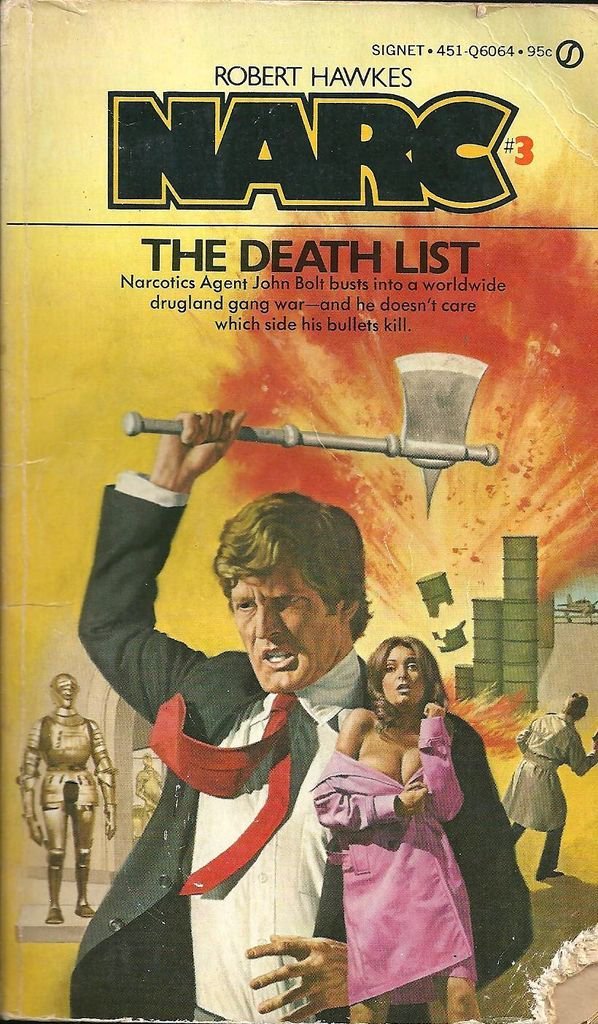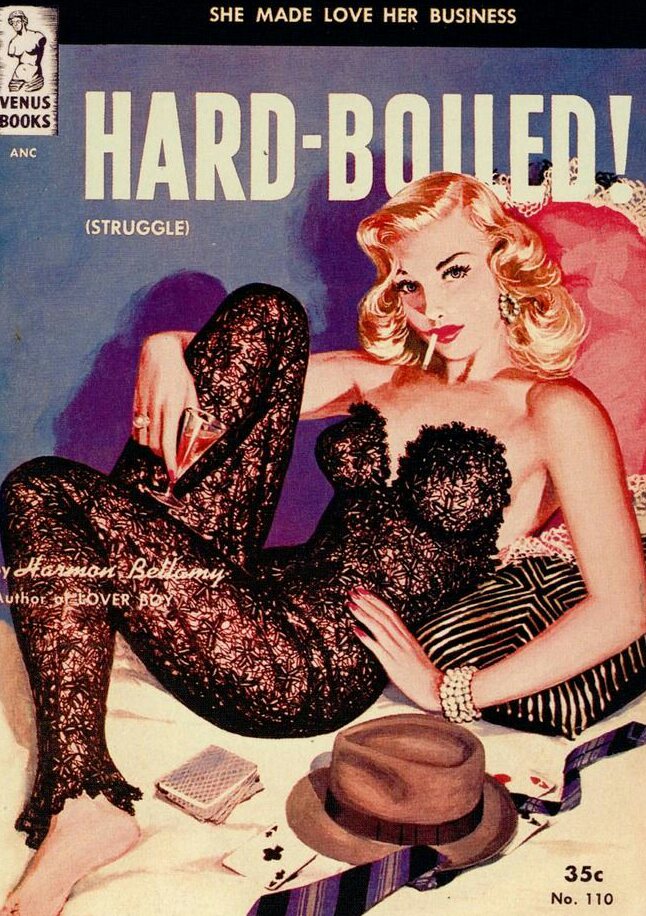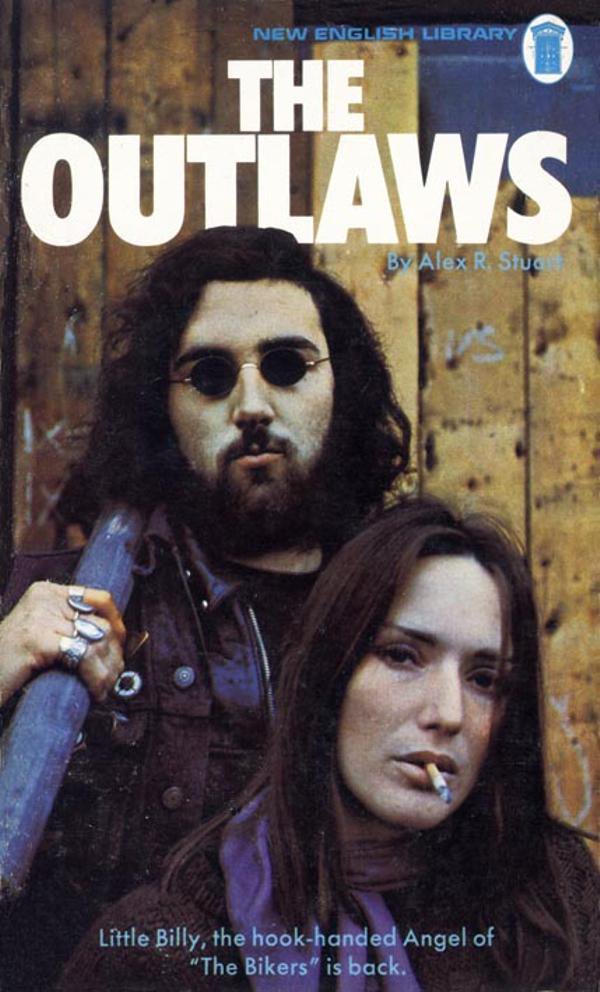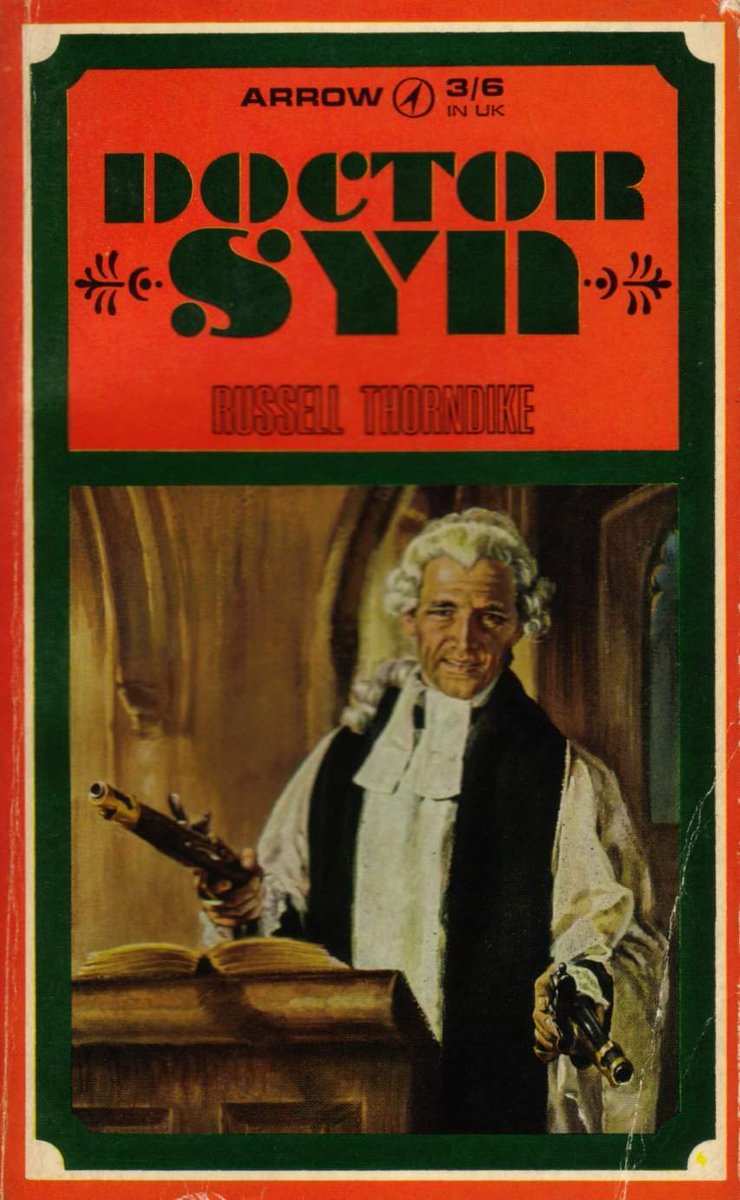It was a food revolution with a shelf life measured in years, changing how Britain cooked as well as what we ate. The staple diet of a generation, whose very name could conjure up the flavours of the faraway east.
Today in pulp I look back at Vesta ready meals...
Today in pulp I look back at Vesta ready meals...

Batchelors Foods had been in business since Victorian times and specialised in dried produce and soups. And by 1959, inspired by the American 'TV dinner', they decided to bring the idea of ready meals to the UK. 

There was a problem however: in 1959 only 13% of UK households had a fridge, compared to 96% in the US. The American frozen TV dinner wouldn't work in Britain.
But something else might - freeze dried food!
But something else might - freeze dried food!

Accelerated Freeze Drying involves freezing and then dehydrating food in a vacuum: the water in the food turns to ice and is sublimated away, leaving porous dried food that can be stored at room temperature and quickly rehydrated with hot water.
Quite sublime...
Quite sublime...

...but not necessarily tasty. However, if you added lots of spices to the dehydrated product then you could make a palatable ready meal you could store in a kitchen cupboard.
Was Britain ready for spicy food? Batchelors was about to find out.
Was Britain ready for spicy food? Batchelors was about to find out.

In 1960 Batchelors and Unilever Research Laboratories began experimenting with chow main. Could it be freeze dried and safely stored? What would happen during the rehydration phase? Could the process be made efficient? A lot was at stake. 

Finally in 1961 British science had perfected the technology. Market testing had been undertaken, and a new brand - Vesta, Roman goddess of the hearth - had been created to market the product.
Britain was about to go ready meal crazy...
Britain was about to go ready meal crazy...

Vesta launched with three meals: chow mein, spaghetti bolognese, and curry - both vegetarian and beef varieties. Each box contained individual nitrogen filled packets of rice or noodles, along with dried sauces and dried meat. 'Cooking' time was 20 minutes. 

Vesta quickly became one of the best selling ready meals of the sixties. It had the market to itself for three whole years and by 1966 Sainsbury's alone was selling almost half a million Vesta meals a year. It was an amazing success! 

Vesta also had celebrity fans: John Lennon's favourite meal when he was married to Cynthia was Vesta Beef Curry with banana slices on top. It was Britain's introduction to curry - even if it was nothing remotely like authentic Indian food. 

By 1968 Vesta had expanded into risotto and paella as well as dried prawn curry. Their logo was also updated: a market stall where the canopy reflected the country of origin of the dish. 
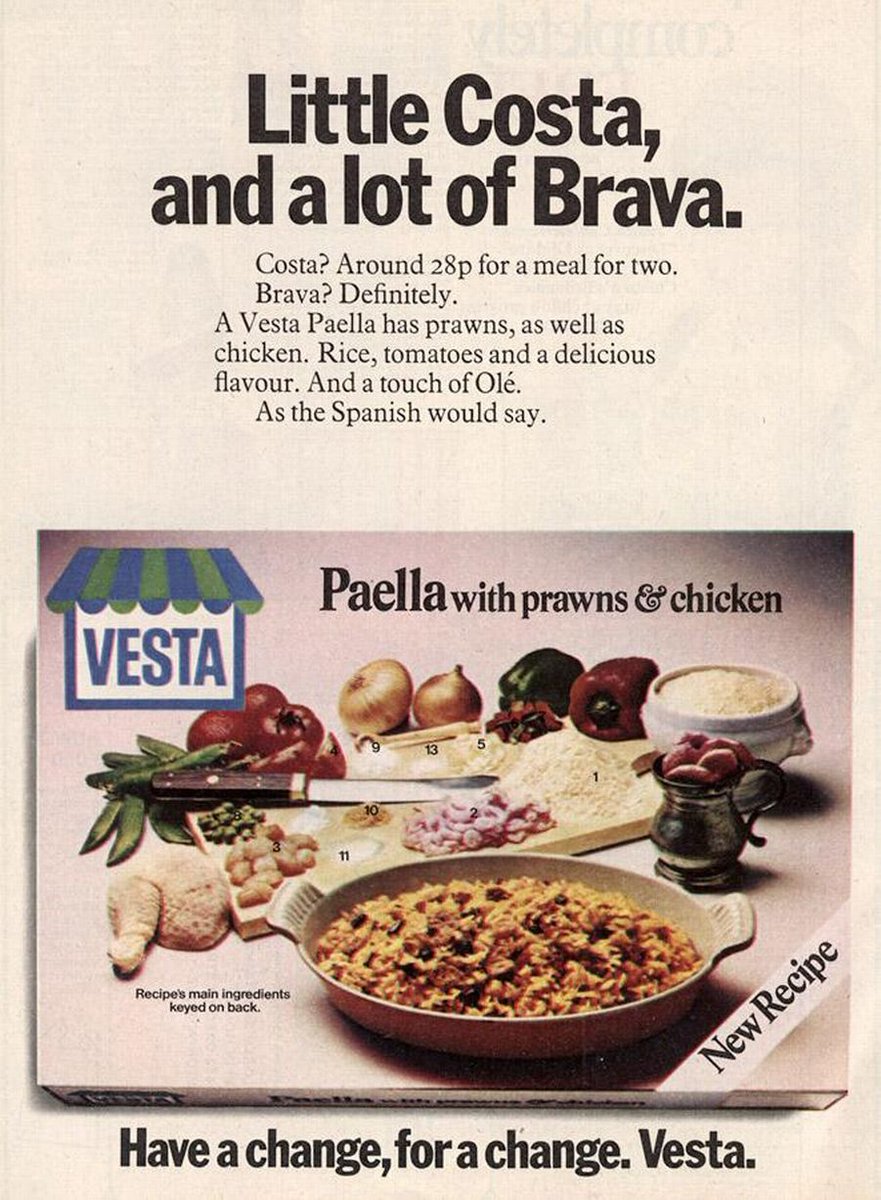
It seemed that Vesta had latched on to something big: cooking was a chore, but we wanted to claim we had 'cooked' something for the family. Ready meals took enough effort to kid ourselves we were cooking, but with the convenience of pre-prepared dried ingredients. 

By the 1970s rivals such as Findus began launching their own exotic easy-to-cook dishes. But the majority of UK households now had a fridge; many had chest freezers too. The writing was on the wall for old school freeze dried ready meals... 

But what killed off Vesta's dominance was the Marks and Spencer Chicken Kiev. Launched in 1979 as the UK's first chilled ready meal it was the sophisticated alternative to the rehydrated packet dinner. The fridge had finally won the convenience food war. 

Nowadays the chilled ready meal is under threat from a new convenience food: pre-prepared fresh ingredients, ordered online and biked to your address along with precise cooking instructions. It seems Vesta was on to something after all - a bit too late to celebrate now alas. 

But perhaps Vesta's finest moment came in 1965: it briefly featured in The Ipcress File as a proxy for the cultural and psychological conflict between Harry Palmer and his boss Colonel Ross. Not a lot of people know that.
More stories another time...
More stories another time...
• • •
Missing some Tweet in this thread? You can try to
force a refresh


